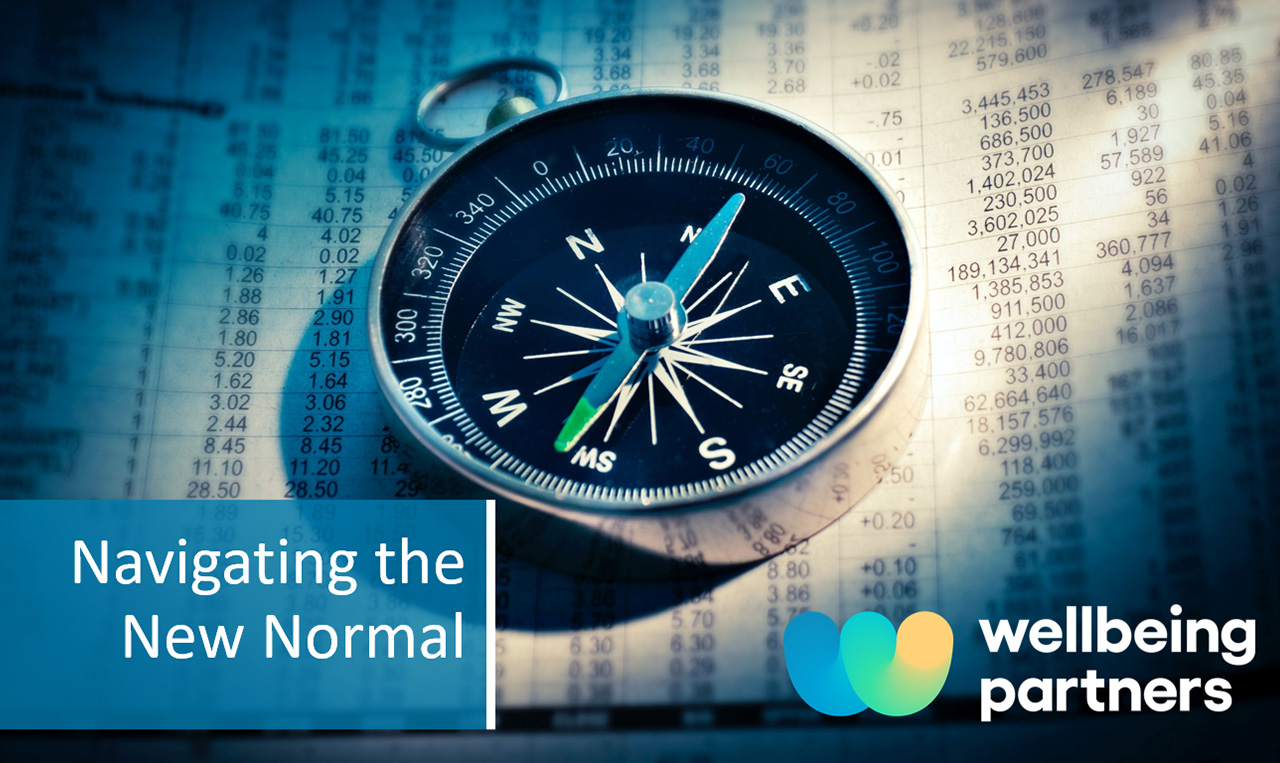Wellbeing Partners’ comprehensive in-house workplace counselling service provides the fastest and most effective solution for supporting the individual mental health needs of your employees, in your workplace or online.
The biggest challenge to supporting employee mental health is the reality that existing structures are not coping, with organisations across the UK finding their EAP services unable to meet demand. Many private medical insurers having waiting lists of more than 3 months for accessing mental health services and the NHS is completely overwhelmed with millions of adults on waiting lists of 18 months or longer, even for acute mental health issues.
This perfect storm of growing mental health issues and a huge upsurge in burnout across society combined with a lack of provision from the usual mental health support services is leaving employees without the support they need.
Wellbeing Partners’ In-House Counselling services is an efficient, effective and compassionate response to these issues and the mental health requirements of your employees. Here are the main reasons why:
We are not an EAP: Wellbeing Partners In-House Workplace Counselling Service is pay-as-you-use service (not a subscription model) that allows great flexibility for organisations and fast access to mental health support for employees.
Our Service is Comprehensive: Our counsellors offer broad mental health support that goes beyond parameters set by EAPs, where employees can be turned away if their issues are deemed too small or too complex to meet the threshold for workplace mental health support. Our workplace counselling service covers all areas of mental health and wellbeing, including anxiety, depression, insomnia and disturbed sleep, emotional dysregulation, burnout, bereavement, interpersonal difficulties at work or home and more. We also offer counselling on specialist areas such as menopause-related mental health, neurodivergent-related mental health, senior leadership mental health, all in a safe and confidential environment.
Your Own Team of Mental Health Professionals: Your organisation will be assigned a small and dedicated team of fully qualified and highly experienced counsellors who get to know your staff and are accessible at any time they are needed. Sessions can be offered in-person in your workplace, or online via secure video platform.
New Trend, New Approach: Responding to the mental health crisis requires a dynamic approach. In house-counselling is the emergent trend in workplace mental health, one that we have been offering for many years with a large and growing list of workplace clients. Our in-house counselling service is refined, effective and offers dedicated one-to-one appointments with staff in-person or online to fit with their busy schedules.
Training and Experience: Wellbeing Partners are experts at providing mental health and wellbeing support in professional settings. This is because we source and employ experts in their fields. All our counsellors are BACP registered and with at least 10 years’ post-qualification experience. They also all have extensive experience of providing counselling and wellbeing coaching in professional settings and combine unrivalled training and experience that meets your needs.
Prevention, Performance and Confidence: Our broad approach to challenges in In-House Counselling means that smaller issues can be prevented from developing into crises and more complex issues. Our counselling services focus on creating the framework and confidence that people need to maintain their mental health once the sessions are concluded, reducing likelihood of later relapses. In-House Workplace Counselling is not a luxury, but an intelligent, supportive and economical response to mental health issues. It offers both short and long-term gains for individuals and organisations.
If you would like to learn more about our workplace counselling services, either complete the form below or click here – Employee Counselling






